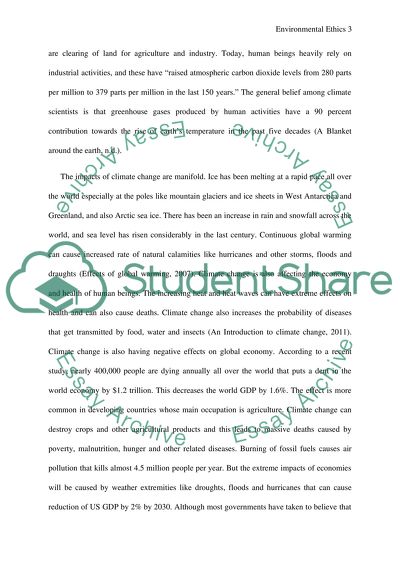Cite this document
(“Environmental Ethics - Climate Change Essay Example | Topics and Well Written Essays - 2000 words”, n.d.)
Retrieved from https://studentshare.org/philosophy/1472604-environmental-ethics-climate-change
Retrieved from https://studentshare.org/philosophy/1472604-environmental-ethics-climate-change
(Environmental Ethics - Climate Change Essay Example | Topics and Well Written Essays - 2000 Words)
https://studentshare.org/philosophy/1472604-environmental-ethics-climate-change.
https://studentshare.org/philosophy/1472604-environmental-ethics-climate-change.
“Environmental Ethics - Climate Change Essay Example | Topics and Well Written Essays - 2000 Words”, n.d. https://studentshare.org/philosophy/1472604-environmental-ethics-climate-change.


